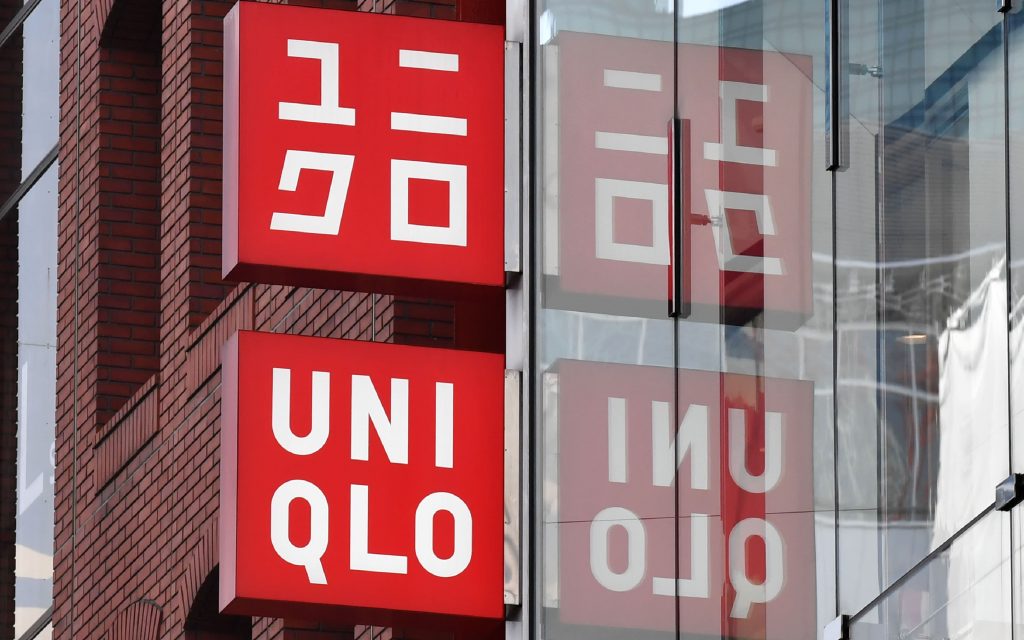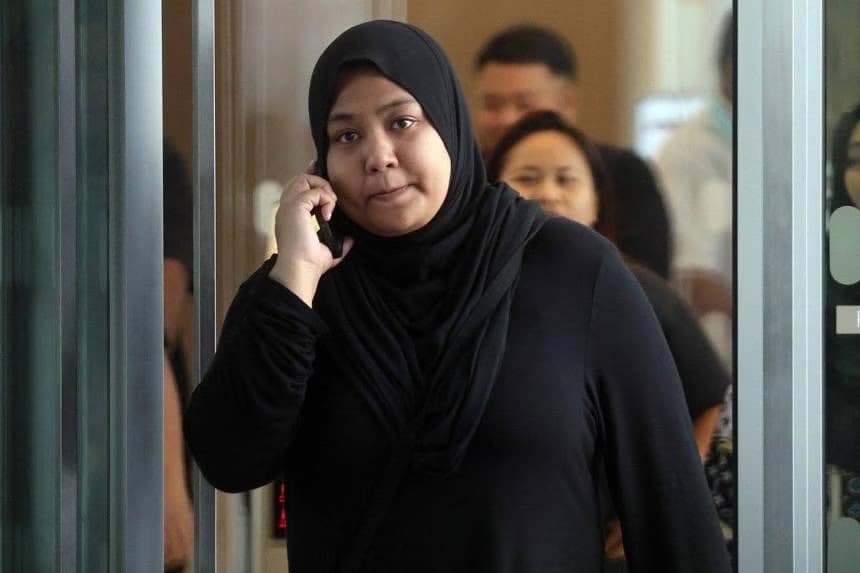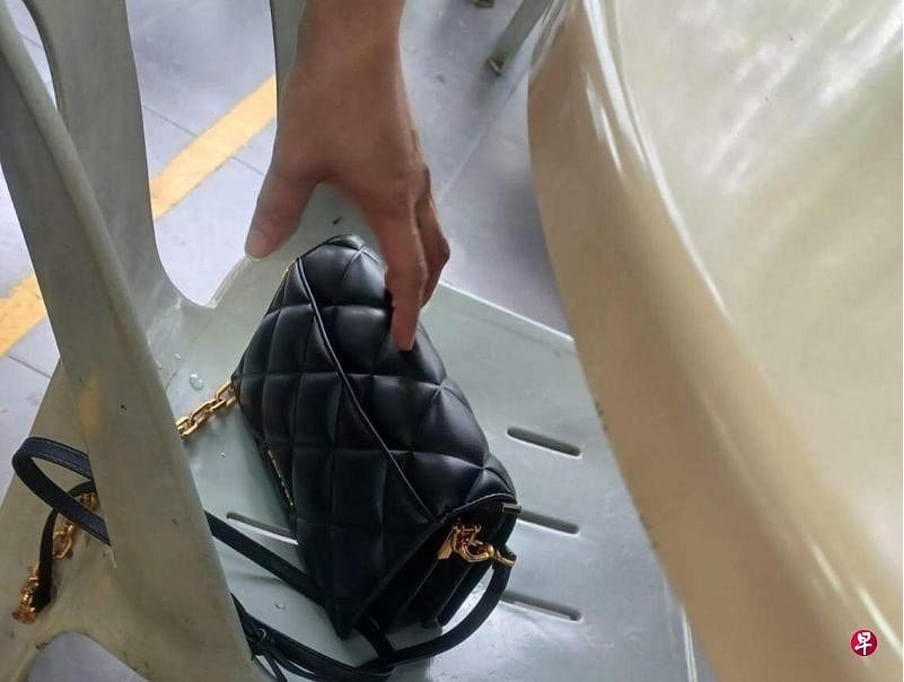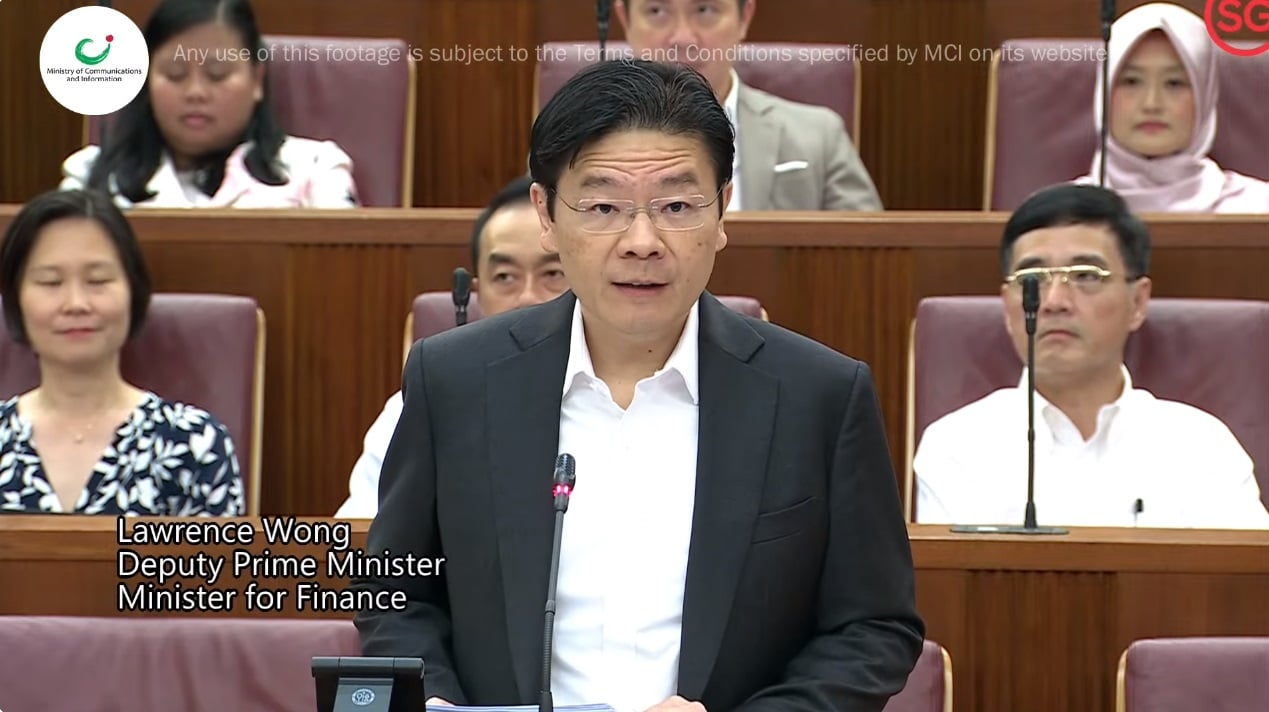2,000 workers including Warni Lena Napitupulu (46), were made redundant when a factory in Cikupa city, West Java, Indonesia shuts down.

These workers had to work round-the-clock to produce garments for Uniqlo before the Japanese clothing brand decided to stop giving the factory orders, claiming that there are issued with quality and delivery delays.
Warni Lena Napitupulu and her fellow colleague Tedy Senadi Putra (36), made a trip to Tokyo in October to campaign outside Uniqlo stores because she felt that workers were dumped and ignored despite working hard to make profit for the brand. She wanted to tell the company how she feels, and she wanted the company to recognise the workers’ plight.
According to report, Warni Lena Napitupulu said that it was when Uniqlo orders started arriving at the factory, owned by Jaba Garmindo, in 2012 that her job took a turn for the worse.
Therefore, they wanted Uniqlo to be held responsible for:
- Unpaid wages of US$5.5 million (SGD $7.6 million) and retrenchment benefits
- Unfair overtime payment – workers were only paid 8,000 rupiah (SGD $0.73) in extra payment regardless of the number of additional hours they worked
- Unfair wages – Warni Lena Napitupulu was paid only 1.8 million rupiah (SGD $163), which was below the statutory minimum wage of 2.2 million rupiah (SGD $200). Her wages later became 2.71 million rupiah (SGD $246) after increment
Unfortunately, the two did not managed to meet a Uniqlo representative. Instead, the company has suggested it will arrange a meeting in Jakarta next month, according to the non-governmental organisation, Clean Clothes Campaign (CCC), which is backing the workers.
CCC’s East Asia campaigner Johnson Yeung Ching-yin suggested that Uniqlo was still responsible because its dealings with the factory had led to the workers being overstressed, and its decision to discontinue business with the factory led to its closure.
He also criticized Uniqlo for not protecting the workers and it had not taken necessary and simple steps to conduct due diligence before it stopped placing orders.
Mr Tono Haruhi, director of the Yokohama Action Research, a Japanese NGO supporting the Indonesian workers, also put the blame on Uniqlo and said it is one the main reasons the factory faced financial difficulties and for worsening the working conditions. He said that Uniqlo had failed to take the responsibility that was promised in their code of conduct.
In opposed to laying the blame on Uniqlo, parent company of Uniqlo, Fast Retailing said that legal obligation in this situation rests with the owner of the factory, Jaba Garmindo.
Fast Retailing also claimed that the union representing the workers had not step in to assist the company in reaching out to the affected workers.
Instead, the company itself was proactively helping the workers who were still unemployed, by bringing them to an alternative nearby partner factory to seek re-employment because they empathise with affected workers.
Fast Retailing assured that to prevent similar scenarios from happening in the future, they are proactively working with stakeholders across the industry to jointly develop methods to protect workers who are in the apparel industry.
If you’d like to contribute your story to us, drop us an email at editors@sureboh.sg and we’ll review it. We read each submission that comes to us within two weeks of receiving it.





